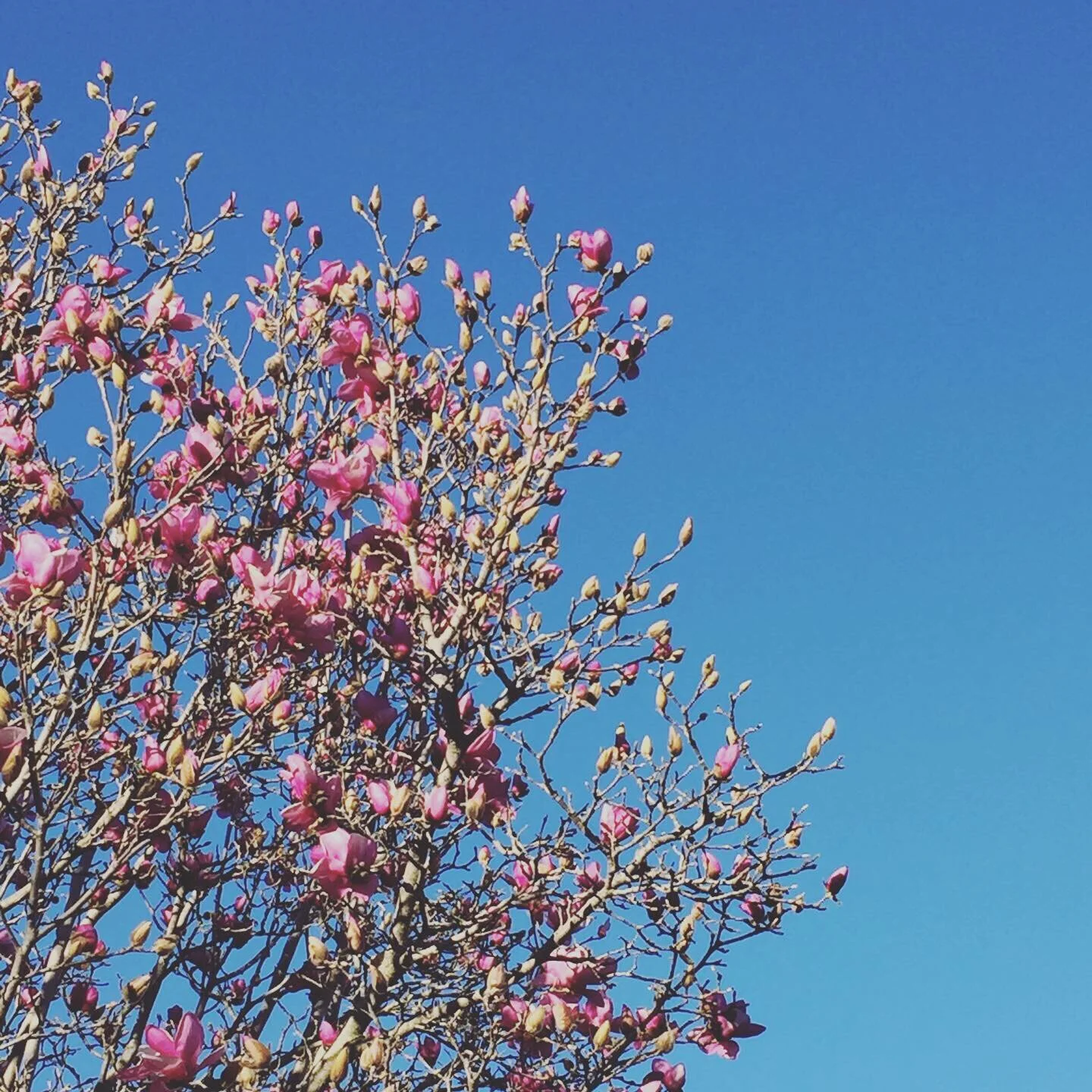Ep. 5.2: Land and Race
The trio takes a crucial look at the intersections of land and race as they uncover agriculture through a new lens and offer opportunities for reflection and action.
Reflection
Notice the sounds, smells, sights around you.
If you’re in a place to pause what you’re doing, plant your feet on the floor (or better yet, in some grass or dirt), do so.
Take a deep breath or two. Notice what sensations emerge in your body, what thoughts emerge in your mind, and what emotions come up for you when you are confronted with a conversation or material or experience related to race. Acknowledge them. Breathe them in.
For more body-centered explorations of race, dive into the work of Resmaa Menakem, author of My Grandmother’s Hands: Racialized Trauma and the Pathway to Mending Our Hearts and Bodies.
Conversation
“Who has access to land, and how it is used, transforms the very foundation and future of community. It can be a tool for oppressing or for empowering communities. How we, as a society, use land- and for whom- is one of the greatest examples of our values. It is also a clear sign of what lies ahead in our collective futures.” -Brahm Ahmadi of the Community Foods Market, Oakland
To dig further into the history of slavery in the United States, listen to the 1619 Project, which “aims to reframe the country’s history by placing the consequences of slavery and the contributions of black Americans at the very center of our national narrative.” The 1619 Project was created by Nikole Hannah-Jones.
“The trans-Atlantic slave trade, which began as early as the 15th century, introduced a system of slavery that was commercialized, racialized and inherited. Enslaved people were seen not as people at all but as commodities to be bought, sold and exploited.” - Mary Elliott and Jazmine Hughes in an essay for the 1619 Project
And, again, Farming While Black: Soul Fire Farm’s Practical Guide to Liberation on the Land by Leah Penniman of Soul Fire Farm is an invaluable resource to learn more about the relationship between land and race in the United States.
For more about the how deeply intertwined race and history is in culinary tradition, check out Michael W. Twitty’s The Cooking Gene: A Journey Through African American Culinary History in the Old South.
For a theological exploration of theology and race from the Christian tradition, read Willie James Jennings’ The Christian Imagination: Theology and The Origins of Race.
Take Action
For ample resources and actions you can take, check out the Equal Justice Initiative, the HEAL Food Alliance, and Reparations Summer.
Check out and donate to Soul Fire Farm, and take action using the Reparations Map for Black-Indigenous Farmers they have provided. Find a list of other Black-led farming organizations and reparations efforts on their website here, including the work of the National Black Food and Just Alliance.
Purchase books by Black authors from Black-owned bookstores. Here is a great list to get you started finding one near you.
If you live on land you are not indigenous to, learn whose land you live on and go from there to learn more about that Indigenous nation, their history (and your history), and what actions you can take to support them and any ongoing efforts for justice.
